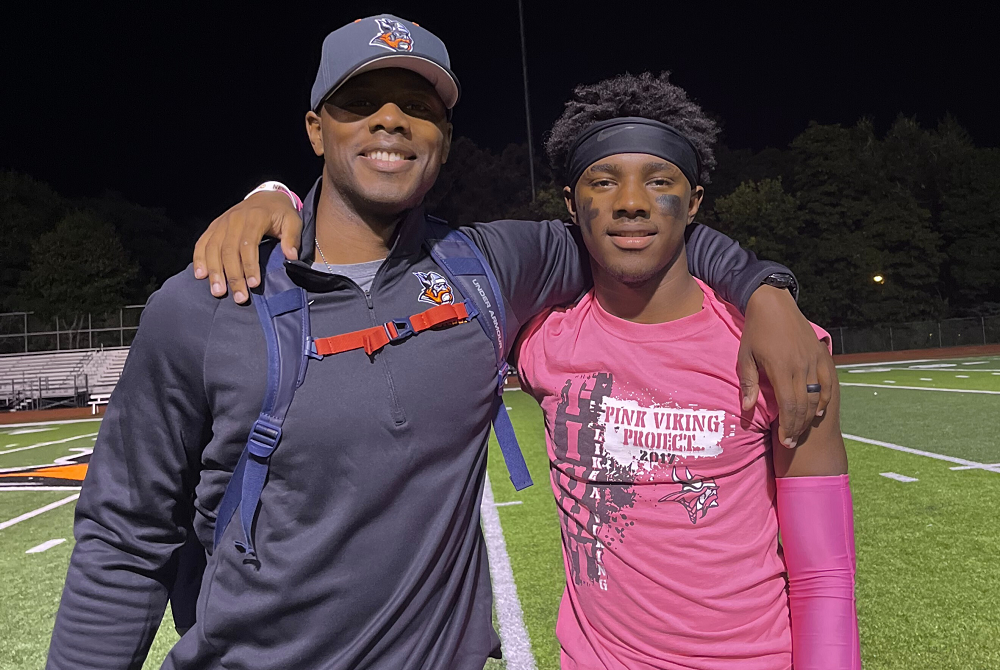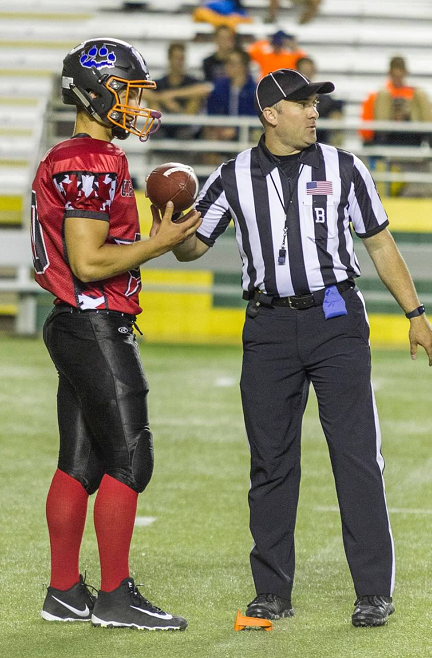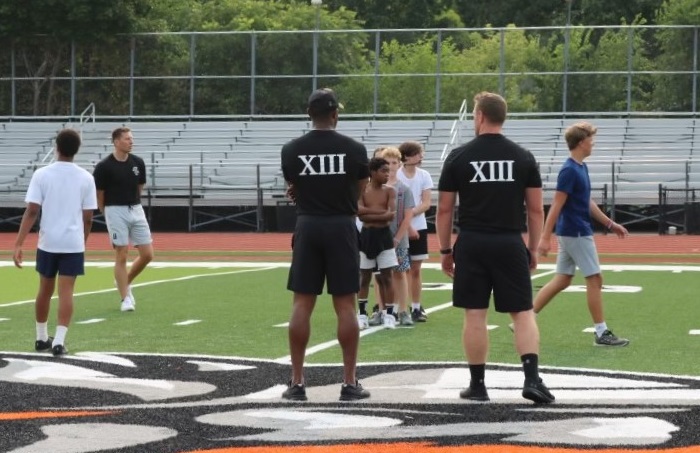
Official Feedback
June 10, 2014
We receive much unsolicited comment about the performances of officials and the conduct of spectators. Here’s some of what the MHSAA does to actively solicit input from its key constituents.
Since 1956, the MHSAA has required member schools to provide numerical ratings of officials who work their contests. Since 1998, the system has also allowed schools to cite particular areas of perceived weakness; and doing so is required whenever a school provides a rating of “5” (worst) on the 1-to-5 scale.
There are many deficiencies in a system like this, including that it sometimes means that coaches or administrators are doing the rating, and some of them have never officiated and may not know the rules and mechanics as well as the officials. The rating can also be affected by whether the school won or lost.
Nevertheless, the system has value, not as a true evaluation of an official’s performance for any particular contest, but – when the ratings of all schools are combined over a three-year average – as a number that the official can use to understand his or her abilities relative to all other officials. And it’s a number the MHSAA can use, along with recommendations of local officials associations and assigners, when considering assignments to various levels of MHSAA tournaments.
It is also noteworthy that for 25 years, the MHSAA has used a reporting form allowed in some cases and required in others, whereby officials report unusual events to the MHSAA office immediately after contests. During a typical fall season, about 300 such reports will be filed; about 250 each winter season; about 200 each spring season. Any school which receives three or more negative reports over three seasons receives a letter of concern from the MHSAA and the school’s name is published in benchmarks; and any school that receives no such reports over three seasons receives a letter of praise.
In 2008-09, the MHSAA also began a program whereby officials could rate school sportsmanship. During the winter season of 2013-14, there were approximately 4,000 reports filed, including 2,400 in basketball. The Basketball Coaches Association of Michigan honors the best 100 schools where BCAM members are coaching.

From MSP Post to Postgame: Lieutenants Return to the (Football) Field
September 27, 2023
While fans are settling into another season, Michigan State Police Lt. Tedric Gibbs has been fully immersed in football for months.
The Jackson Post’s assistant post commander serves as assistant coach for Jackson High School’s varsity football team and for the team at Parkside Middle School.
“I started coaching when my older son was in youth sports, as a way to do something together that we both love,” Gibbs said. “My younger son followed the same path, so I joined his team too. I grew up in Jackson and am grateful to be able to serve my hometown from the sidelines and at our post.”
 Some 400 miles north, Lt. Mark Giannunzio is also a familiar face in and on the field. The MSP Negaunee Post assistant post commander and Eighth District public information officer enforces the rules of the game as a high school and college football official, the latter for the Great Lakes Intercollegiate Athletic Conference.
Some 400 miles north, Lt. Mark Giannunzio is also a familiar face in and on the field. The MSP Negaunee Post assistant post commander and Eighth District public information officer enforces the rules of the game as a high school and college football official, the latter for the Great Lakes Intercollegiate Athletic Conference.
“I started at the high school level to stay involved in athletics and make authentic connections in the community,” Giannunzio said. “It’s rewarding to help teach the game and share knowledge of the rules. I currently have a full 11-game schedule in the GLIAC Division II college conference, with high school games interspersed during the year.”
The correlation among coaching, officiating and policing translates.
“With my fellow troopers, I want to inspire, motivate and encourage to get the most out of them,” Gibbs said. “I take the same approach with my players to figure out what they need from me, as their designated leader, to be as successful as they can. In both capacities, I do the work alongside them. We do it together.”
This approach is especially important when tough times surface. Lieutenant Gibbs’ high school team experienced tragedy right before its first game when a player died in a car crash.
“We focused on adversity,” said Gibbs, who was in a unique position to talk from a police perspective too. “It’s a benefit to have that insight and background and share it with what they can control – make good decisions and wear your seatbelt.”
Lieutenant Gibbs incorporates his coworkers when he can, like during spring conditioning when fellow troopers join him and his players, helping all involved to make new connections and build strong bonds between the students and officers.
 “One of the most important attributes in both careers is communication,” Giannunzio said. “Communication can make or break an official and a police officer. Much like selling a citation to a motorist, I need to be able to sell the penalty in a calm and professional manner. Demeanor and attitude go together on both the football field and when we are out patrolling in the Blue Goose.”
“One of the most important attributes in both careers is communication,” Giannunzio said. “Communication can make or break an official and a police officer. Much like selling a citation to a motorist, I need to be able to sell the penalty in a calm and professional manner. Demeanor and attitude go together on both the football field and when we are out patrolling in the Blue Goose.”
Treating everyone with dignity and respect is something Lieutenants Gibbs and Giannunzio commit to as members of a modern police agency and in their areas of expertise on the football field.
“Both roles afford so many opportunities to develop culture and cultivate teamwork,” Gibbs said. “The best part is watching others flourish and playing a part in their growth.”
PHOTOS (Top) Michigan State Police Lt. Tedric Gibbs, left, serves as an assistant football coach for the Jackson High varsity. (Middle) Lt. Mark Giannunzio officiates at the high school and college levels. (Below) Gibbs also coaches at Jackson Parkside Middle School. (Photos provided by the Michigan State Police.)

